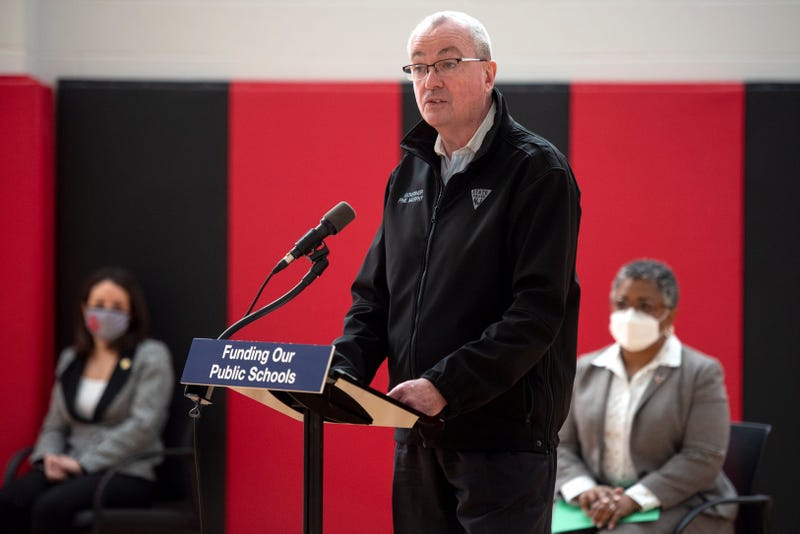
TRENTON, N.J. (KYW Newsradio) — New Jersey's initiative to make college more affordable is now a permanent plan.
Gov. Phil Murphy signed into law this week the "Community College Opportunity Grant" program that allows 13,000 eligible students — from households earning $65,000 or less — a chance to attend two years of community college for free.
Murphy made this a priority early on.
"It took a while for the concept to gather broader support. We stood our ground, knowing that this program was too important and too game-changing to leave on the cutting room floor," said the governor.
"With the legislature, we succeeded with that first budget, and the first class of Community College Opportunity Grant scholars, 5,400 strong, was born. In each successive budget, we have maintained the Community College Opportunity Grant program because everyone could see that it was working."
Murphy's "Garden State Guarantee" initiative started three years ago as a pilot program. The grants cover tuition and fees at 13 state-affliated colleges. It also allows for those seeking a four-year degree the chance to lock in tuition for the final two years of instruction.
"In just three years, because of our commitment with our legislative leaders, the number of students has nearly tripled," he said. "These grants are more than living up to the word 'opportunity,' especially over the past year, when so much uncertainty has been thrown into the lives of our students, this program has ensured that they can remain on track."
An extra $50 million in next year's budget has been proposed for allocation to send low-income students to any public college or university in the state for two years.
